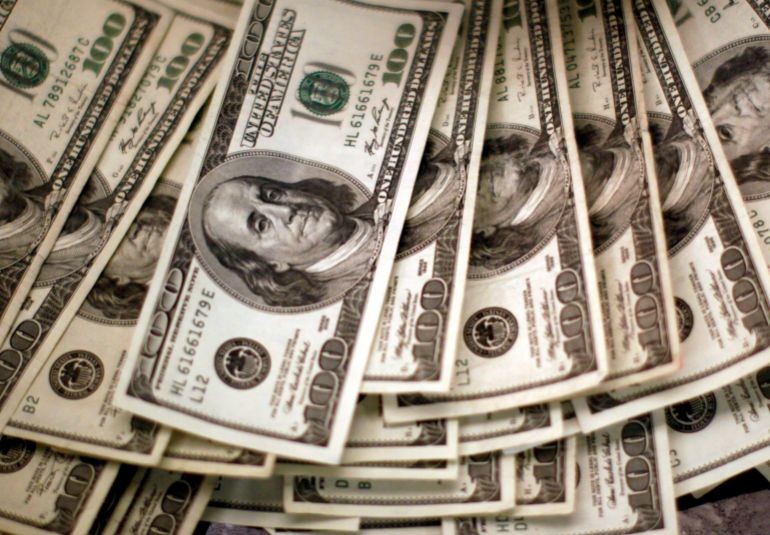 |
| BRICS wants to create a separate currency to replace the USD. (Source: Reuters) |
The USD has been the world's primary reserve currency since the end of World War II and is used in more than 80% of international trade.
Global Call
Earlier this year, Brazilian President Luiz Inacio Lula da Silva asked: Why should all countries trade in dollars? And the BRICS group of leading emerging economies (Brazil, Russia, India, China and South Africa) is working to create its own currency.
According to South African Ambassador to BRICS Anil Sooklal, the group's goal is not to replace the US dollar but to give the world more options.
“BRICS is not anti-Western, not competitive, not against the USD. What we oppose is the continued dominance of the USD in global financial interactions,” the ambassador said.
Global calls to move away from the dollar’s dominance are not new, nor are they unique to the BRICS. But recent geopolitical shifts and rising tensions between the West and Russia and China have given them added prominence, experts say.
In early 2022, Western sanctions after Russia launched a special military operation in Ukraine froze nearly half of Moscow's foreign exchange reserves and removed the country's major banks from SWIFT.
Late last year, the US stepped up restrictions on semiconductor technology exports to China.
Shirley Ze Yu, a senior research fellow at the London School of Economics and Political Science (UK), commented: “As the US ‘weaponizes’ the US dollar in sanctions against Russia and Iran, other developing countries are increasingly looking for alternative currencies for trade, investment and reserves.”
In addition, according to Ms. Shirley Ze Yu, the US Federal Reserve's (Fed) interest rate hike has caused developing countries to suffer many difficulties when having to pay higher interest rates on USD debt and have to cope with the impact of exchange rates.
BRICS common currency?
Speaking at a conference on BRICS and the global order in Johannesburg, South Africa, Gustavo de Carvalho, a policy analyst on Russia-Africa relations, outlined several options that BRICS could consider to replace the greenback, including a basket of currencies from BRICS countries, gold and cryptocurrencies.
Regarding possible currency options, Professor Danny Bradlow at the University of Pretoria (South Africa) said that many people would want to return to the gold standard and that cryptocurrencies are an unlikely option because they are “even riskier” than the USD.
Experts are also skeptical about the creation of a separate BRICS currency.
“Creating a BRICS currency will require a set of institutions. Institution building requires a common set of standards and underlying values. This is very difficult to achieve but not impossible,” said Shirley Ze Yu.
The idea of a BRICS currency is “not happening,” said analyst Chris Weafer of Macro-Advisory, a strategic consulting firm focused on Russia and Eurasia.
Agreeing, Professor Bradlow said that the group's idea of creating an alternative to the US dollar seemed completely unrealistic and unrealistic. "If there was a unified currency, the members would be dominated by the largest and most powerful economy in the group," Mr. Bradlow said.
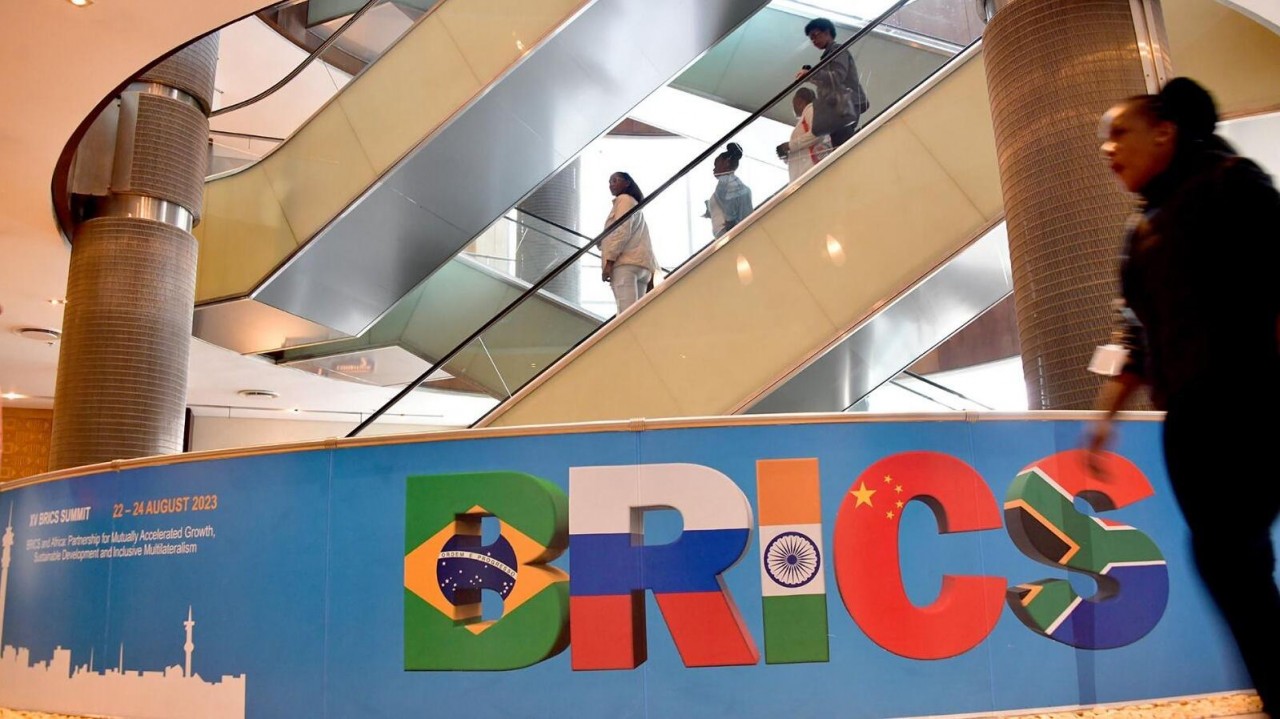 |
| BRICS Summit 2023 to be held in South Africa from August 22-24. (Source: GCIS) |
Transactions in local currency
In the search for alternatives to the USD, BRICS may push for greater use of its members' local currencies, Weafer noted.
“Eighty percent of trade between Russia and China is settled in rubles or yuan. President Putin’s country also trades with India in rupees… So using local currencies is a logical choice,” he said.
Other countries have also begun to increase their trade in local currencies. In July 2023, the United Arab Emirates (UAE) and India signed an agreement that will allow them to settle trade payments in rupees instead of dollars.
However, the widespread use of local currencies also poses a new challenge, that of convertibility.
Countries that do a lot of trade need to hold a lot of currency in their trading partners and may have to convert it into their own currency, which is difficult in India, where capital controls are in place, Mr. Weafer said.
Commenting on this choice, Professor Bradlow said that this is a “very questionable” strategy because the reserve currency must be stable and have the ability to quickly access markets. And he found: “The USD is really the only currency that meets the requirements at the moment.”
USD is still "king"
For Ambassador Sooklal and other BRICS leaders, the rationale for alternatives to the greenback is similar to the rationale for changing global governance structures in general.
“We want to live in a multipolar society, a multipolar world,” Ambassador Sooklal said. “Trade is no longer dominated by the countries that dominated trade in the 70s, 80s, 90s. That era is over. We don’t want to be tied to one or two currencies.”
The South African ambassador pointed to the Pan-African Payments System – a cross-border infrastructure to facilitate direct payments across the continent – as a model for other countries to follow. It will save an estimated $5 billion in trade transaction fees annually, compared to using SWIFT alone.
However, Mr. Weafer asserted that: "Even if BRICS creates a common currency, it will probably only function similarly to the euro - the second-largest currency in global trade and has not yet been able to challenge the dominance of the USD."
Analysts also emphasized that in the near future, the USD will still be the "king" and BRICS or any country that wants to "overthrow" this currency will have to go through a "difficult climb".
Source



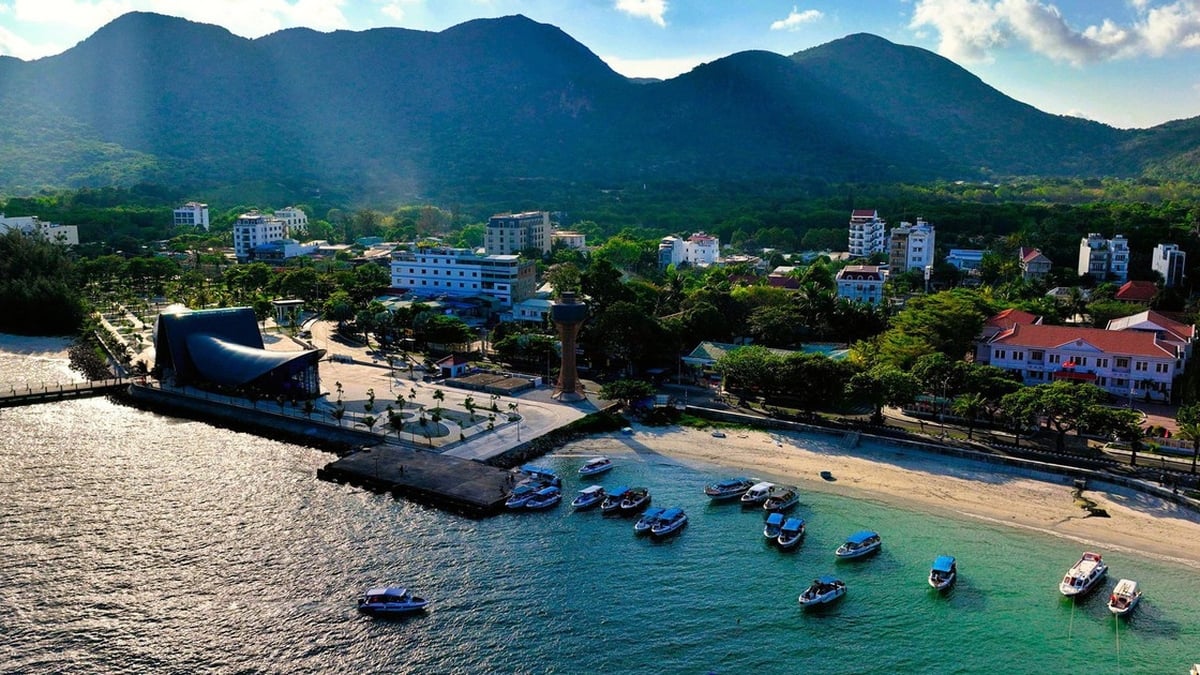
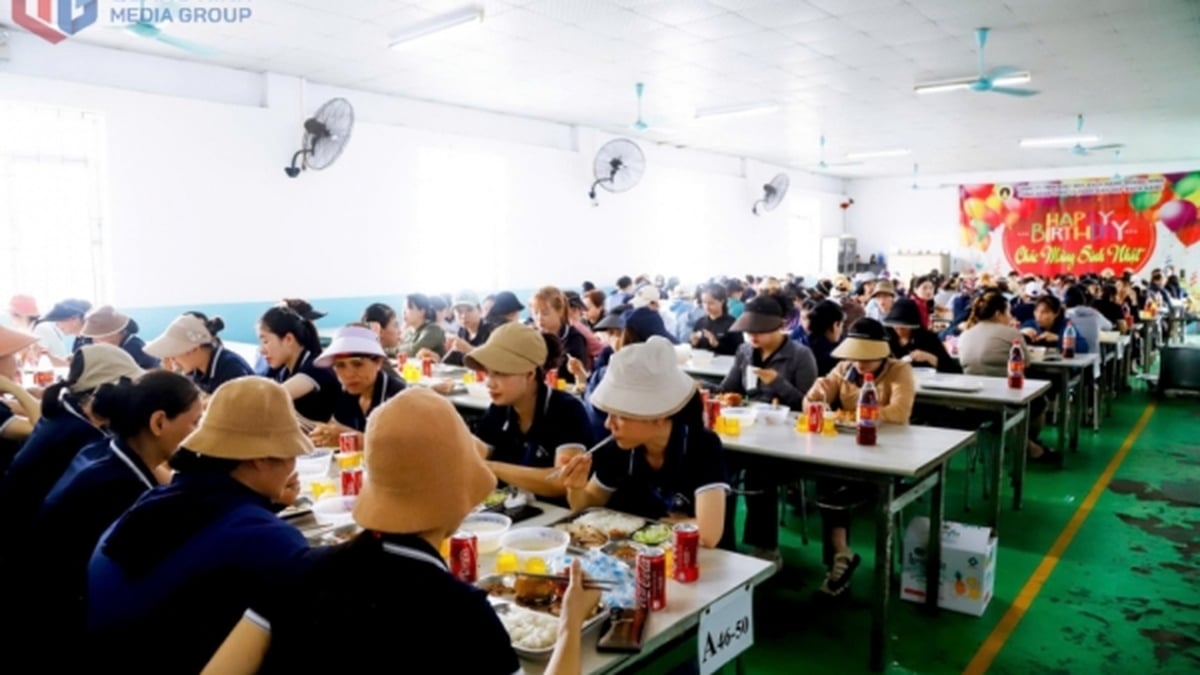

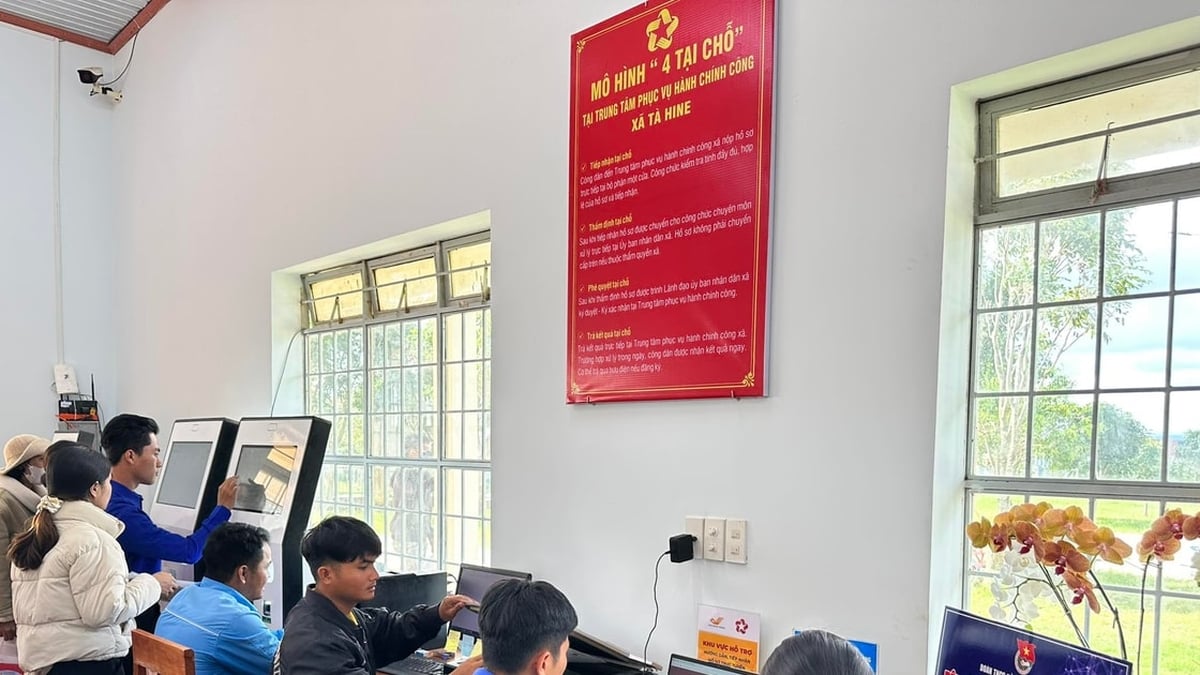

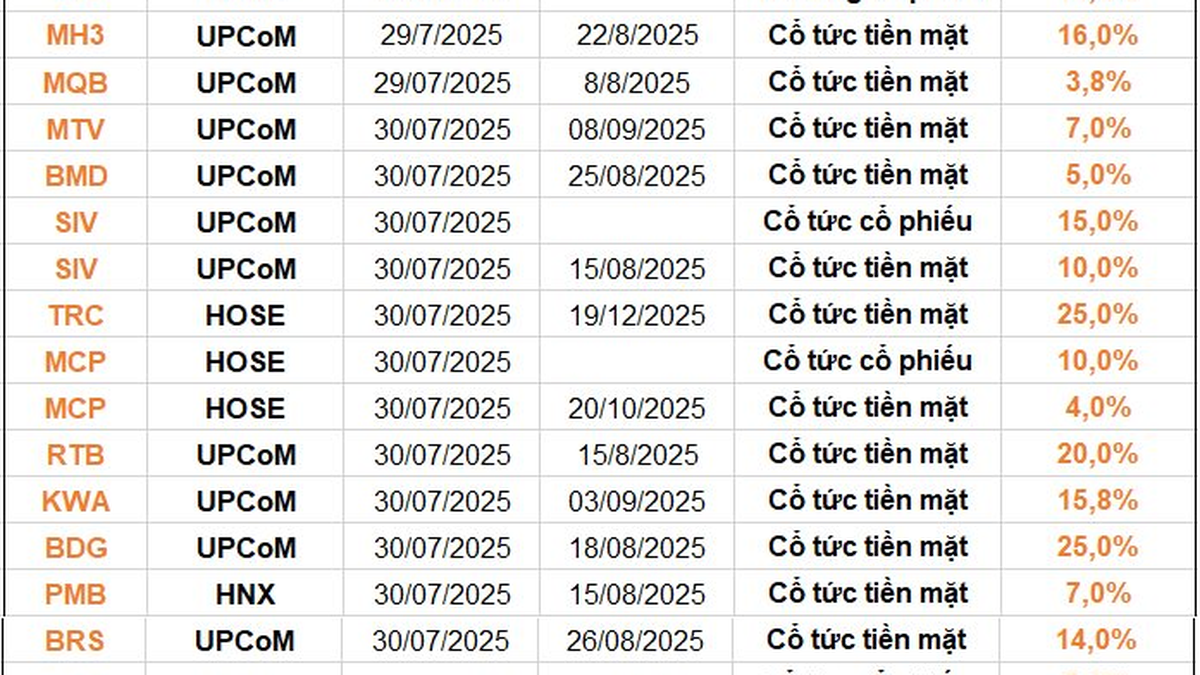


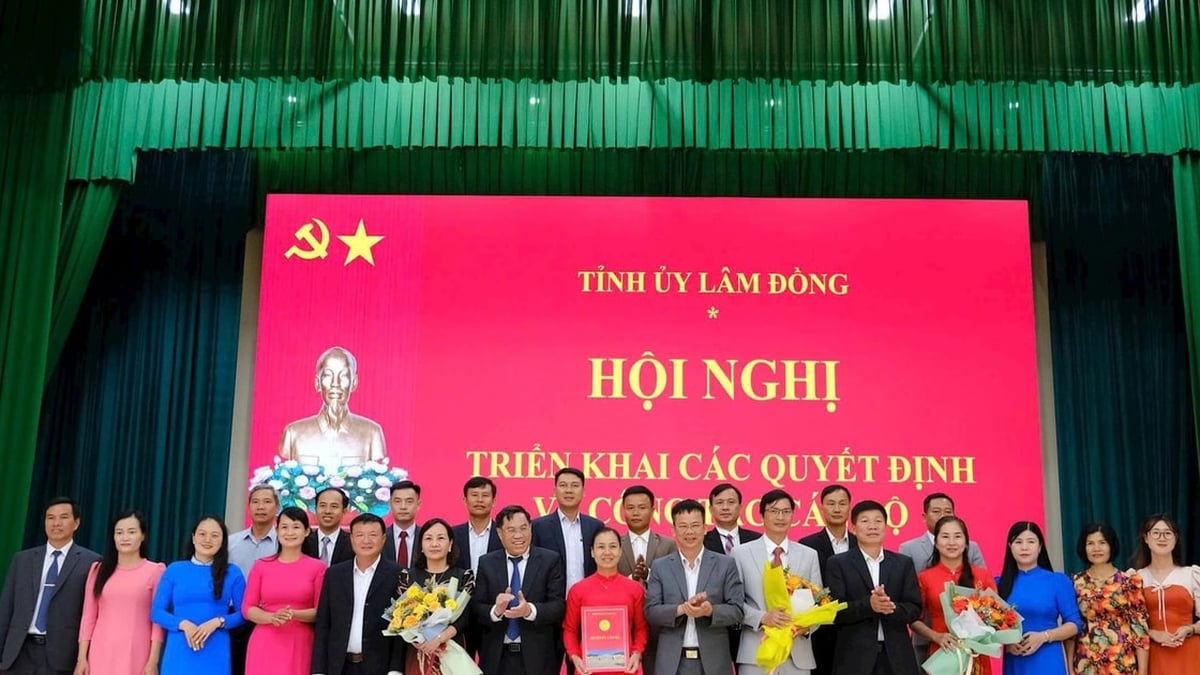






















































































Comment (0)